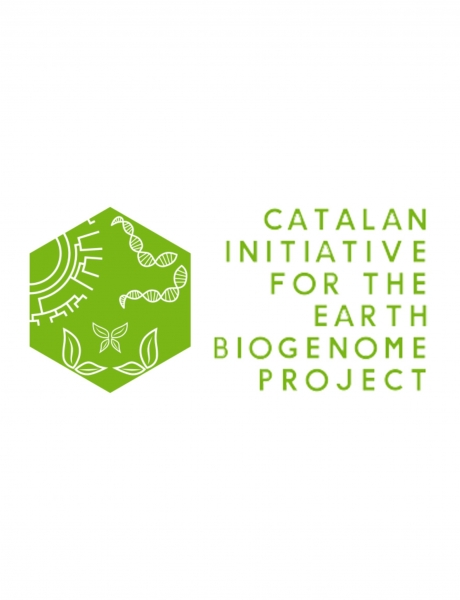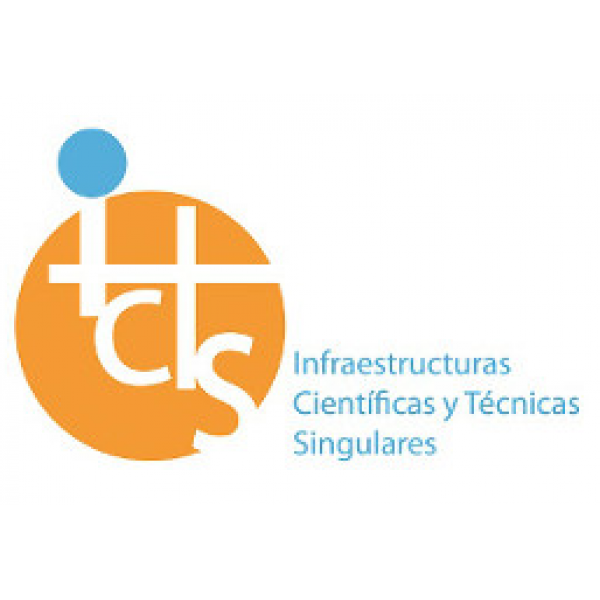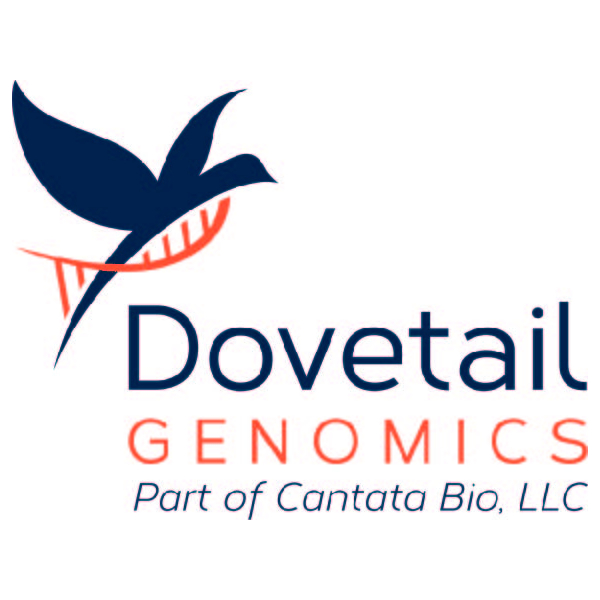
In Catalonia, biospeleology has a rich tradition that dates back 150 years, and local researchers have pioneered molecular approaches to study cave organisms.
Within the framework of the second call of the CBP to articulate projects to sequence the genome of species of the Catalan-speaking territories, this project articulates a collaborative initiative to obtain the reference genomes of 6 cave-dwelling species belonging to different groups of arthropods endemic to Catalan-speaking territories. Importantly, most of the target species are listed as endangered.
The objective is to gain insight into the genomic adaptations to subterranean environments and generate information to guide future strategic plans for conservation of cave-dwelling fauna.
To tackle this challenge, the project is composed by a group of researchers belonging to three institutions: the Biodiversity Research Institute of the Universitat de Barcelona (IRBio-UB), the Museu de Ciències Naturals de Barcelona (MCNB) and the Centre Nacional d’Anàlisi Genòmica (CNAG). The joint team combines speleological training, taxonomic expertise, genome assembly and comparative genomics knowledge.
This project is funded by the Institute of Catalan Studies.
THE ROLE OF CNAG
The CNAG will perform DNA extraction, sequence, assemble and annotate each of the six cave-dwelling arthropod species.
COORDINATION:
Miquel Arnedo (IRBio-UB) will coordinate the project.











